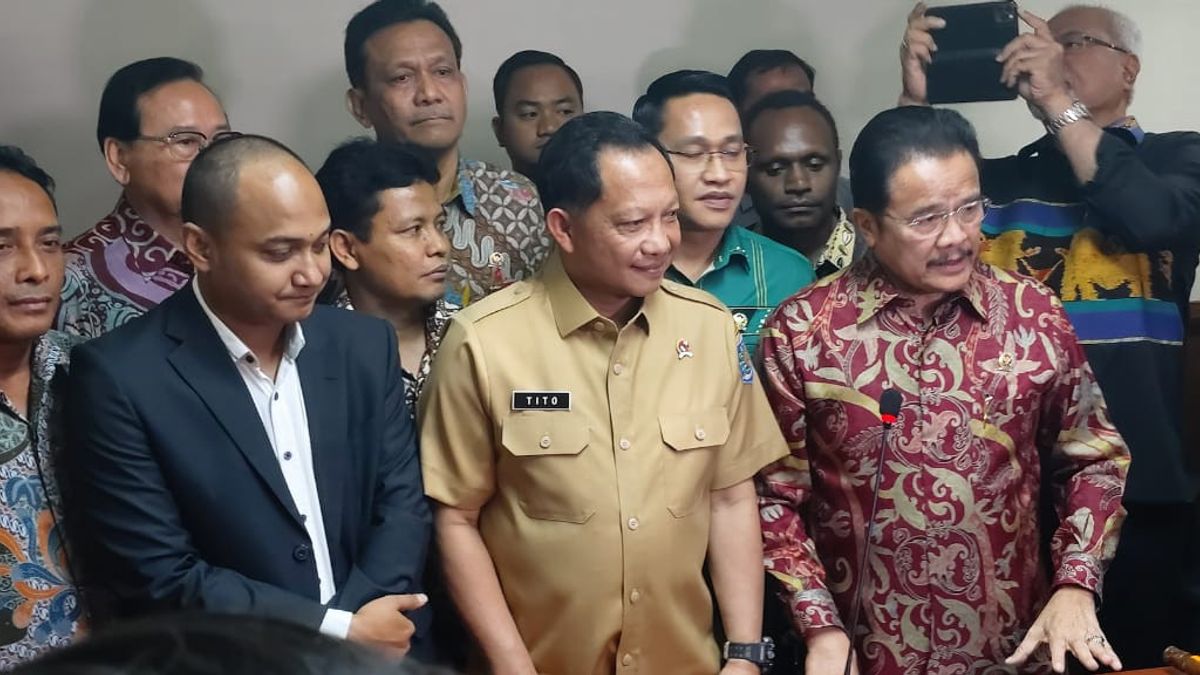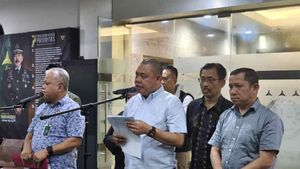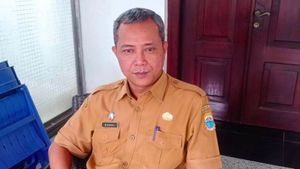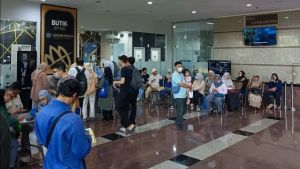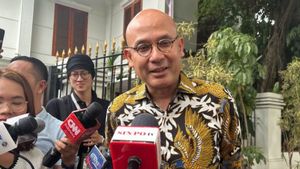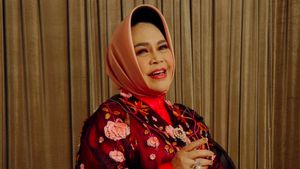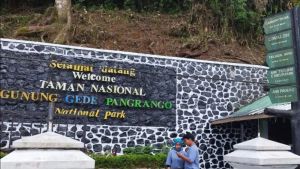JAKARTA - Home Affairs Minister Tito Karnavian denies wanting to return the Regional Head Election (Pilkada) system to the DPRD. He only wanted that the direct Pilkada election system could also be evaluated.
Tito assessed that there were positive impacts and negative impacts from the direct elections. So, the proposal submitted is not to return to the old system, but only for evaluation.
According to the former National Police Chief, evaluating the election system is not something that is haram. Moreover, there are more negative notes during the 15 years of direct election organizers.
"This needs to be evaluated. If it has to be done with academic studies, it cannot be empirical, based on experience alone," said Tito at the DPR Building, Parliament Complex, Senayan, Jakarta, Monday, November 18.
Moreover, said Tito, returning the pilkada to the DPRD was not an easy matter. Because, it needs an academic study. It cannot be based on experiences. Public opinion also needs to be asked whether it is agreed that the regional head election system is returned to the DPRD.
"Why academic studies? Because it has a methodology that can be accounted for with data, quantitative data, qualitative data, combined qualitative and quantitative data," he said.
On the other hand, Tito also reminded the public not to close their eyes that the political costs incurred to advance as regional heads through direct Pilkada are very high. Starting from the APBN and APBD issued by the government, to the political costs incurred by regional head candidates (cakada) in order to get political vehicles from parties.
"If the regional head is only empirical, to come out as a candidate for regional head, if he does not have Rp. 30 billion, he doesn't dare. So then the mayor is even higher, the governor (also) is even higher," he said.
Tito challenges anyone who dares to say, to be able to advance as Cakada does not need money. Because, according to him, it is almost impossible for that to happen.
"Yes, if someone states that I don't pay zero percent, I want to meet the person. First for political vehicles, at least the legal ones. That is not to mention the campaign for witnesses and all kinds of things not to mention the technicalities. Meanwhile, if you look at the income from salaries 5 years, Rp. 12 billion, where would he come up short. Rp. 30 billion, "he said.
"If he wants to come up short, I want to be very respectful, that means really serving for the nation's homeland. But if there are 1001 maybe there, maybe, maybe not, I also beg if there aren't any," he continued.
Reflecting on these high political costs, Tito proposed an evaluation of the direct Pilkada implementation. Tito suggested that the direct Pilkada system be applied asymmetrically. This means that not all regions can hold local elections directly measured from the democratic maturity index.
"I have started by asking Balitbang to make a democracy maturity index (IDM) per region and asking BPS to ask for indicators," he said.
According to Tito, later after the study was completed, in areas with a high IDM, direct Pilkada could be held. Meanwhile, in regions with low IDM, other mechanisms could be implemented, for example being elected by the DPRD.
"Once again, I am not saying to return to the DPRD, but evaluation of the positive and negative impacts of the direct Pilkada. And the answer is evaluation with academic studies," said Tito.
Previously, the Palace had responded to Tito's proposal to evaluate the direct election. This was conveyed by the presidential spokesman, Fadjroel Rachman. He said President Joko Widodo refused to return the local elections to be elected by the DPRD.
This is the same as the votes of NGOs, direct Pilkada is still the most relevant regional head election mechanism in Indonesia. The direct Pilkada has basically created closeness between the people and regional leaders in the local development process.
According to Fadjroel, President Jokowi is of the view that the evaluation of the elections will still be carried out but only on the technical side of the implementation.
The English, Chinese, Japanese, Arabic, and French versions are automatically generated by the AI. So there may still be inaccuracies in translating, please always see Indonesian as our main language. (system supported by DigitalSiber.id)
